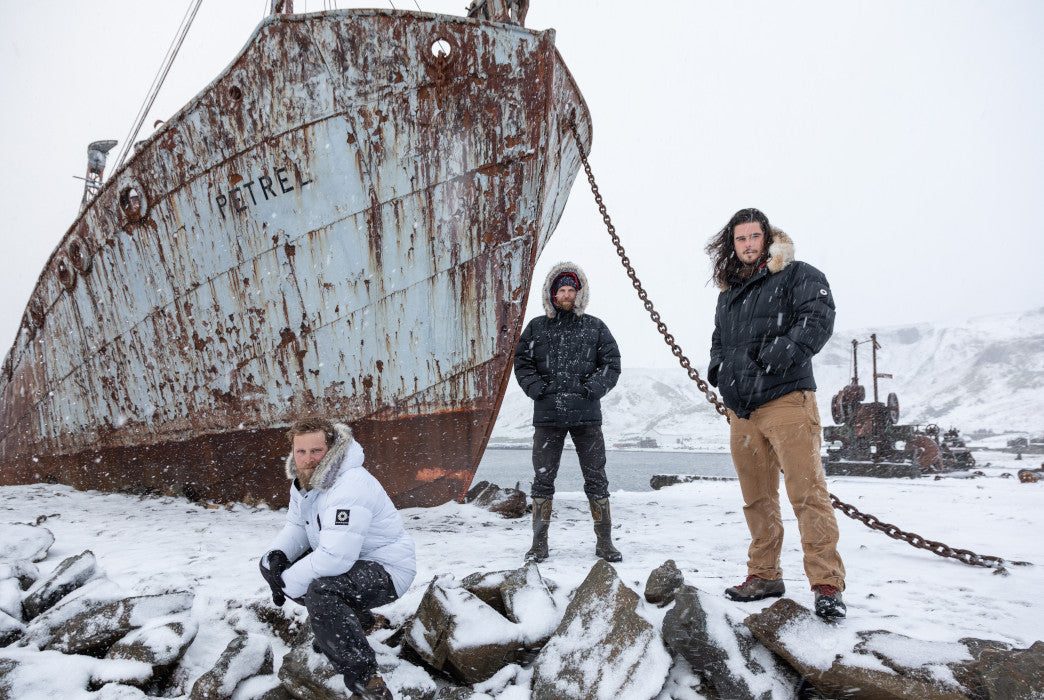
Uncovering South Georgia's dark past
We equipped a team of archaeologists looking to uncover the mysterious history of South Georgia, an island made famous by the heroic actions of Sir Ernest Shackleton in 1916.
The rocky shores and desolate mountains of South Georgia are a location well known to any Shackleton enthusiast. Not only did the heroic pioneer scale the island’s mountain range in 1916, having led five members of the Endurance crew through 15 days in a small lifeboat being assaulted by torrid sea conditions, but the island is also home to Sir Ernest Shackleton’s final resting place, in the former whaling station of Grytviken.
However, South Georgia became the focus of a recent archaeological project for what occurred there far before Shackleton’s iconic story. Earlier this year, the South Georgia Archaeological Project was the first to explore the relatively unknown and macabre history of South Georgia’s sealing industry during the late 18th and early 19th centuries.
Given the island’s deep-rooted associations with Ernest Shackleton and its reputation for unforgiving weather conditions, we equipped the team with our expedition-grade Endurance Parka.

The parkas were a match for the conditions, with the archaeologists deeming them essential during the frequent Antarctic storms experienced during work on the island. The lightweight build and packability of the jackets also made for extra comfort and easier transportation during the brief breaks in the weather, meaning that the team could continue their research without any interruption, whatever the conditions.
“In South Georgia we experienced four seasons in a single working day. The Endurance Parkas were very high quality and remarkably protective against the wettest and coldest days.” – Marcus Brittain, Team Leader
The group’s personal experience of South Georgia also provided insight into the struggles the sealers would have faced with the basic clothing at their disposal.
"When I take off the parka in this environment I can imagine the hardships that those early hunter-sailors endured. So, I prefer instead to keep mine on, and it looks pretty darn good too." Andrew Chaplin, Field Archaeologist
The team uncovered the remains of wooden and stone buildings, as well as cooking pots, iron tools and the wreckages of small boats. Once analysed, each finding will offer a glimpse into the lives of the sealers whose brutal proficiency nearly wiped out the entire local seal population.


